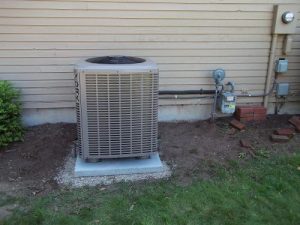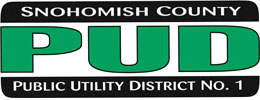Late last year, we wrote about the emerging technology of smart grids and smart meters being used in the energy industry. As a reminder, this technology has the ability to monitor energy usage by a household and, when necessary, signal appliances and energy systems within that home to decrease consumption for a given period of time – usually during peak energy load times. For example, the smart grid may automatically tell your air conditioner or heat system to change a few degrees or could signal your freezer to turn off for an hour to limit overall energy consumption.
As with any technology that is part of the growing “smart home” revolution, smart grid/meter energy technology is driven by data. Utilities and energy companies are already seeing the immense benefits this new data can bring to energy efficiency and management. One such company using smart grid technology in the Dallas/Fort Worth region is Oncor. They are just one of the many utilities seeing near immediate benefits of a new smart grid and smart meter system – both economically and environmentally. Using the data and digital infrastructure provided by the smart grid, Oncor has been able to restore 23 percent of confirmed power outages since March 2012 before the customer realized anything was wrong. As you can imagine, that’s a powerful statistic when it comes to power grid restoration.
The goal of a somewhat self-healing power grid is just one of the goals for the smart grid technology. As we discussed in our previous post, smart meters can increase energy efficiency to homes and regions in which they are implemented by managing the amount of necessary energy to appliances and heating and cooling (HVAC) systems. However, as you can imagine, managing the abundance of data and properly maintaining the system brings a new set of challenges to a utility and its partners. In Oncor’s case, there are roughly 3.2 million smart meters in its service territory alone. With the right training, they have been able to manage the system with environmental and energy efficiency benefits.
Oncor has also seen drastic improvements in the percentage of reported outages that require deployment of utility workers. In many cases, the smart grid technology returns information that allows a problem to be fixed by the customer with guidance by an Oncor employee over the phone. As we mentioned, some outages can even be repaired using the smart grid technology without need for customer involvement/knowledge or deployed Oncor workers. This has led to a greatly reduced service backup queue during large outages and a greatly streamlined process for repairs.
While the investments being made by these companies are extremely significant – millions of dollars in most cases – the potential benefits are being realized in great amounts. It will certainly take a period of time for these hefty upfront investments to be recouped, but given the cases in which smart meter technology has already been implemented, the investments appear to be more than worth the up front costs.







